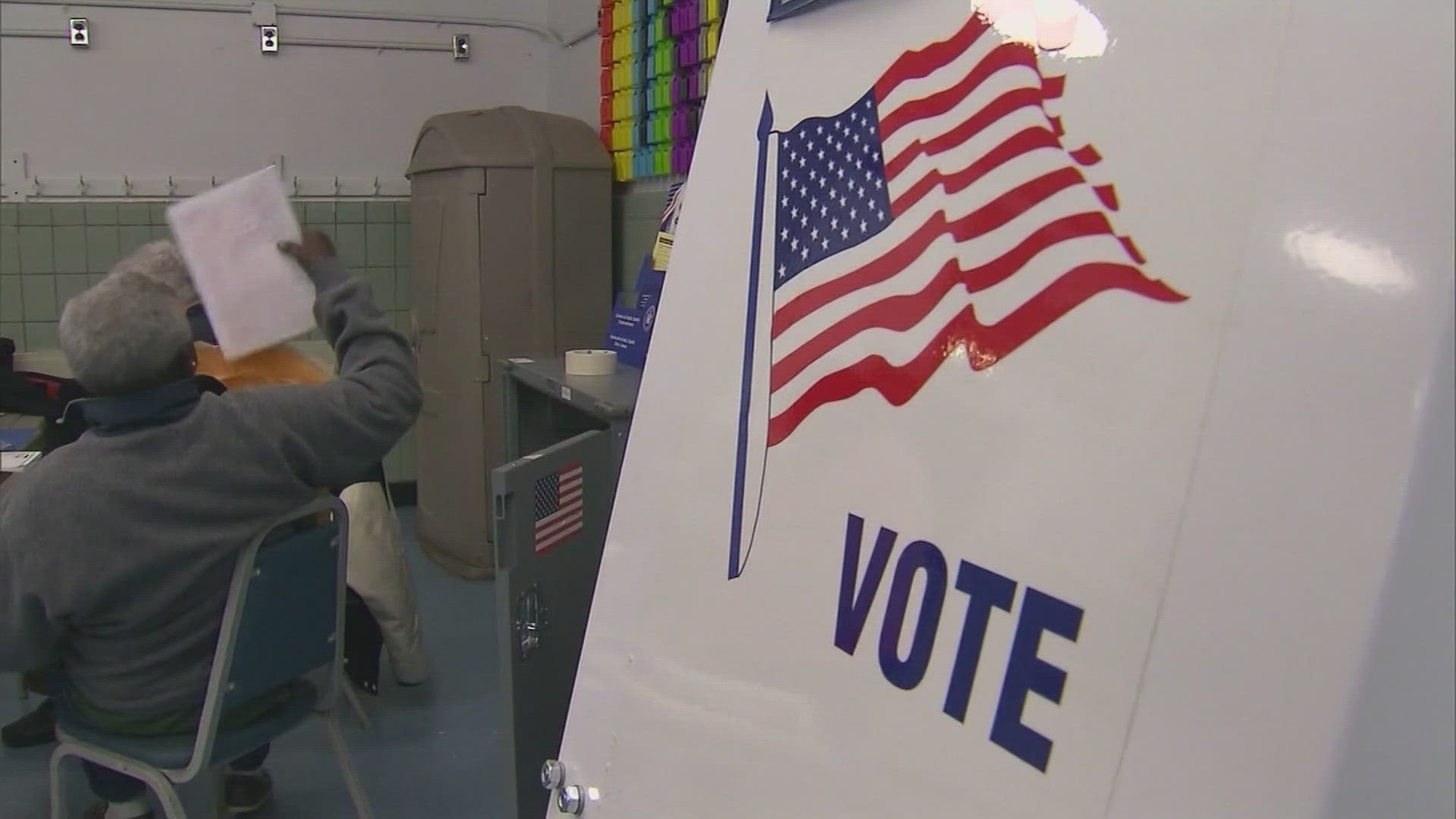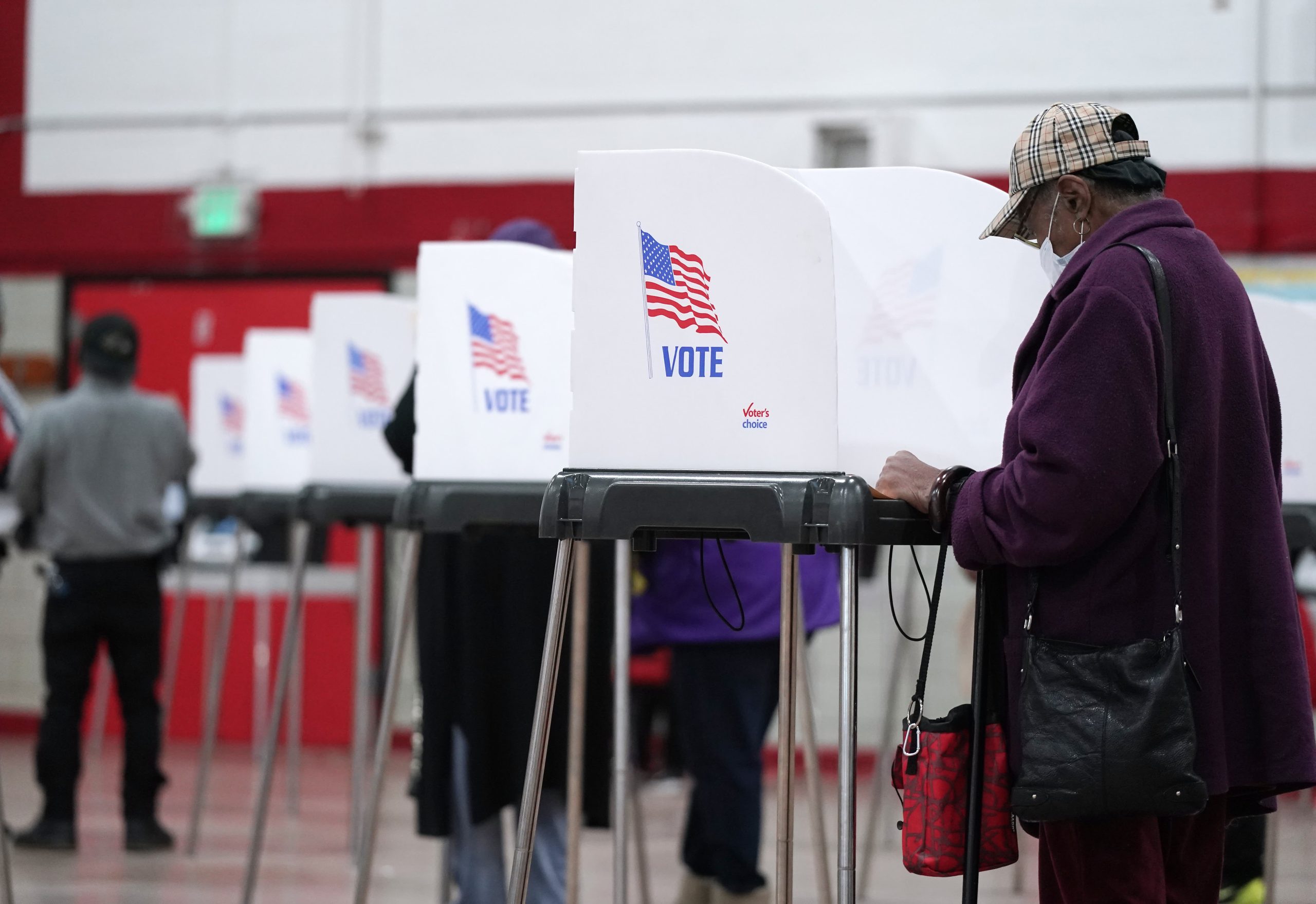A federal judge delivered a ruling on Friday allowing Colorado’s unaffiliated voters to maintain their participation in Republican primary elections, marking another setback for the state GOP’s efforts to restrict access to independent voters.
The decision comes after more than five months since the Colorado Republican Party initiated a lawsuit seeking to invalidate Proposition 108, a ballot measure passed in 2016 that expanded the state’s political primaries to include unaffiliated voters.
In its lawsuit, the GOP sought to declare Proposition 108 unconstitutional and sought easier avenues to close its primaries while the legal proceedings unfolded.

Federal Judge Maintains Open Access to Colorado Primaries (Credits: 9News)
While the ruling does not conclude the entire lawsuit, it upholds the existing system leading up to the state’s June primary elections, suggesting that the broader legal challenge is unlikely to prevail.
Colorado’s presidential primaries are scheduled for March 5th, and notably, the GOP’s lawsuit did not contest a separate ballot measure that also allowed unaffiliated participation in those primaries.
The ruling maintains the status quo, allowing unaffiliated voters to exercise their right to participate in Republican primary elections, a right granted to them by the 2016 ballot measure.
It underscores the judicial inclination to preserve the expanded access to the electoral process for unaffiliated voters, despite the Colorado GOP’s efforts to restrict their participation.
As the legal battle continues, the ruling signals a significant development in the ongoing debate over the accessibility and inclusivity of primary elections in Colorado.
It reaffirms the principle of broad voter engagement and highlights the importance of ensuring that electoral processes remain open to all eligible voters, regardless of their party affiliation.
Looking ahead, the outcome of this legal dispute will likely shape the landscape of Colorado’s primary elections and influence future efforts to modify the state’s electoral framework.
It underscores the complexities and nuances inherent in the intersection of law, politics, and electoral policy, reflecting the ongoing evolution of democratic processes in the United States.























